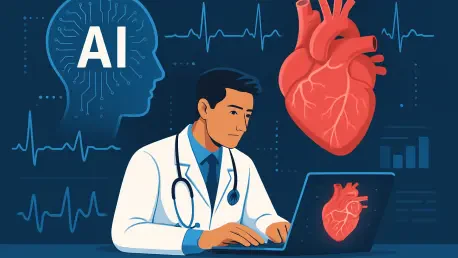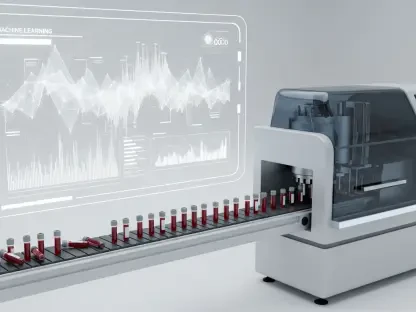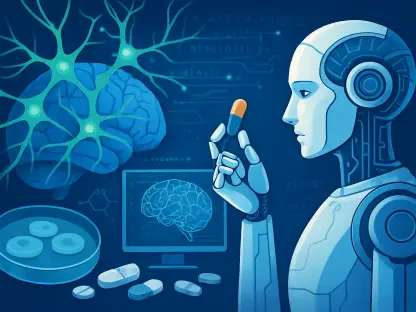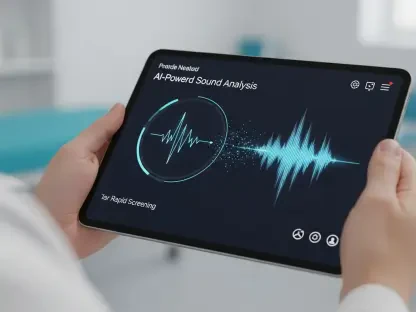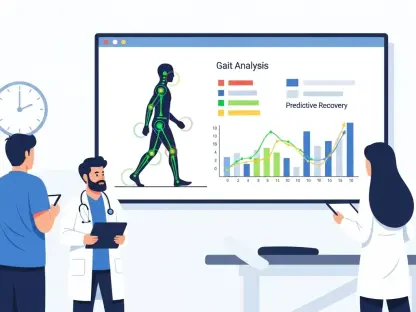In a landscape where heart failure impacts over 6 million Americans and stands as a primary driver of hospitalizations and mortality, the urgency for innovative treatment solutions has never been greater, especially when traditional drug development often stretches over a decade and costs upwards of $1 billion. Frequently, these efforts end in failure despite exhaustive work, pushing the medical research community to seek alternatives that can accelerate the discovery of effective therapies. Among these emerging solutions, artificial intelligence (AI) has surfaced as a game-changer, offering the potential to transform how drugs are identified and tested. At the forefront of this shift is a pioneering institution that has harnessed cutting-edge technology to tackle the heart failure crisis, demonstrating that faster, more efficient drug discovery is within reach. This breakthrough approach not only addresses longstanding challenges but also promises hope for millions awaiting life-saving treatments.
Harnessing AI for Virtual Clinical Trials
One of the most significant advancements in this domain comes through the development of virtual clinical trials, a method that leverages AI and vast datasets to redefine research. By utilizing electronic health records from nearly 60,000 heart failure patients, researchers have created a framework that mirrors traditional randomized clinical trials without the need for new participant recruitment. Under expert guidance, this innovative system forms digital comparison groups and measures outcomes using existing data, sidestepping many logistical hurdles of conventional studies. Further enhancing this model is the integration of drug-target modeling, an AI-driven technique that evaluates chemical structures and biological interactions to predict how drugs might perform in the body. When tested against 17 drugs from over 200 real-world Phase 3 trials, the virtual trials accurately forecasted drug effectiveness, underscoring the potential of this technology to steer large-scale drug development with precision and reduced risk.
Expanding Horizons with Data-Driven Strategies
Beyond virtual trials, a broader initiative is underway to integrate AI more deeply into clinical research, focusing on multiple complementary strategies to enhance efficiency. This effort includes trial emulation, which uses real-world data to validate trial results, trial simulation to predict treatment impacts across diverse populations, and synthetic trials that blend modeled and real data to support or replace traditional trial elements. These approaches aim to cut costs, shorten timelines, and improve patient outcomes by capitalizing on the power of advanced analytics. The emphasis on drug repurposing—finding new uses for already approved medications—further accelerates progress, as these drugs bypass initial safety testing, allowing researchers to focus solely on efficacy for heart failure. Reflecting on the strides made, this movement highlights a transformative era in medical research, where technology-driven solutions offer a viable alternative to age-old methods, paving the way for quicker access to vital treatments for those in need.
